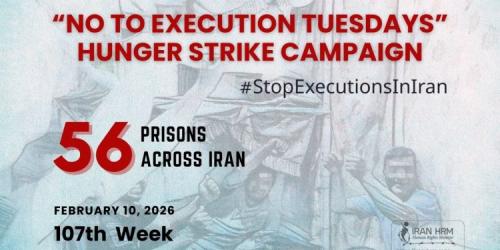12 January 2017 :
Abolitionist: 100
Albania, Andorra, Angola, Argentina, Armenia, Australia, Austria, Azerbaijan, Belgium, Benin, Bermuda*, Bhutan, Bolivia, Bosnia-Herzegovina, Bulgaria, Burundi, Cambodia, Canada, Cape Verde, Czech Republic, Colombia, Cook Islands*, Costa Rica, Croatia, Cyprus, Denmark, Djibouti, Dominican Republic, East Timor, Ecuador, Estonia, Finland, France, Gabon, Georgia, Germany, Greece, Guinea Bissau, Haiti, Honduras, Hungary, Iceland, Ireland, Italy, Ivory Coast, Kiribati, Kyrgyzstan, Latvia, Liechtenstein, Lithuania, Luxembourg, Macedonia (The former Yugoslav Republic of), Malta, Marshall Islands, Mauritius, Mexico, Micronesia (Federated States of), Moldova, Monaco, Mongolia, Montenegro, Mozambique, Namibia, Nepal, Nicaragua, Norway, Netherlands, New Zealand, Palau, Panama, Paraguay, Philippines, Poland, Portugal, Romania, Rwanda, Samoa, San Marino, Sao Tome and Principe, Senegal, Serbia, Seychelles, Slovakia, Slovenia, Solomon Islands, Spain, South Africa, Sweden, Switzerland, Togo, Turkey, Turkmenistan, Tuvalu, Ukraine, United Kingdom, Uruguay, Uzbekistan, Vanuatu, Vatican City* and Venezuela.
Abolitionist for Ordinary Crimes: 7
Brazil, Chile, El Salvador, Fiji, Israel, Kazakhstan and Peru.
De Facto Abolitionist (countries that have not carried out any executions for at least 10 years or countries which have binding obligations not to use the death penalty; date of last known execution in parenthesis): 46
Antigua and Barbuda (1991), Bahamas (2000), Barbados (1984), Belize (1985), Brunei Darussalam (1957), Burkina Faso (1988), Cameroon (1997), Central African Republic (1981), Comoros (1997), Congo (1982), Cuba (2003), Democratic Republic of the Congo (2003), Dominica (1986), Eritrea (no death penalty since independence in 1993), Ghana (1993), Grenada (1978), Guinea (2001), Guyana (1997), Jamaica (1988), Kenya (1987), Laos (1989), Lesotho (1995), Liberia (2000), Madagascar (1958), Malawi (1992), Maldives (1953), Mauritania (1987), Morocco (1993), Myanmar (1988), Nauru (no executions since independence, 1968), Niger (no executions or death sentences since 1976), Papua New Guinea (1957), Qatar (2003), Saint Lucia (1995), Saint Vincent and the Grenadines (1995), Sierra Leone (1998), South Korea (1997), Sri Lanka (1976), Suriname (1982), Swaziland (1982), Tanzania (1994), Tonga (1982), Trinidad and Tobago (1999), Tunisia (1991), Zambia (1997) and Zimbabwe (2003).
Retentionist Countries Observing a Moratorium on Executions: 5
Algeria, Guatemala, Mali, Russia and Tajikistan.
Retentionist: 40
Afghanistan, Bahrain, Bangladesh, Belarus, Botswana, Chad, China, Egypt, Equatorial Guinea, Ethiopia, Gambia, India, Indonesia, Iran, Iraq, Japan, Jordan, Kuwait, Lebanon, Libya, Malaysia, Nigeria, North Korea, Oman, Pakistan, Palestine*, Saint Kitts and Nevis, Saudi Arabia, Singapore, Somalia, South Sudan, Sudan, Syria, Taiwan*, Thailand, Uganda, United Arab Emirates, United States of America, Vietnam and Yemen.
Source: Hands Off Cain
Underlined: countries (2) which have binding obligations not to use the death penalty
In bold: liberal democracies1 (7) that retain the death penalty
In italics: changes (8) with regard to 2011
* Non-UN member States
1 The classification “liberal democracy” is based on the rigorous analytic standards employed by Freedom House in its Freedom in the World 2013 report on the state of political rights and civil liberties around the world (www.freedomhouse.org).







